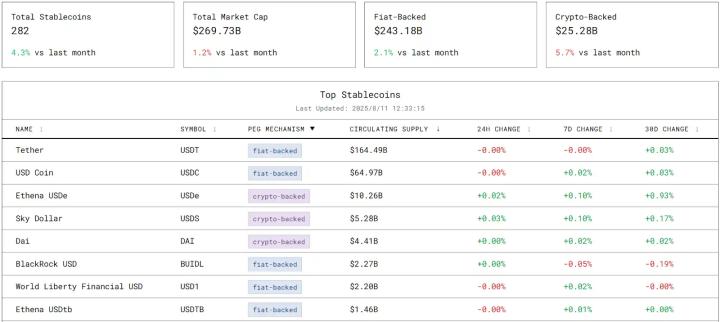The crypto trading craze in South Korea has quietly surged into the "stock market". The "kimchi premium" was once a global cryptocurrency market spectacle. This country with only 51 million people once generated Bitcoin trading volumes that could shake the global market. Although government's strong regulation has made this premium a thing of the past, the adventurous genes of Koreans have not faded, they are just seeking new outlets.
And the main force of this wave is not Korean institutional giants, but young retail investors betting on the future. In this country of 51 million people, up to 18 million are active in the digital asset market, accounting for over one-third of the total population. Among them, nearly a quarter of young people aged 20 to 39 view crypto trading as their only chance to turn their lives around.
BitMine is the Latest Trading Target
According to Bloomberg citing Korean securities depository data, Korean investors have injected $259 million in net funds into BitMine stock since July, pushing BitMine to the top of the Korean overseas stock purchase list.

BitMine is a US Bitcoin mining company supported by "Silicon Valley King" Peter Thiel, which recently transitioned from Bitcoin mining to adopting ETH as its financial strategy. It now holds over 1.15 million ETH, valued at over $4.96 billion, making it an important "vault" on Wall Street. Interestingly, Tom Lee, a key figure in bringing ETH to Wall Street, is also a board member of BitMine.
Tom Lee is a Korean-American. After experiencing the bloody lesson of LUNA's crash, Korean investors' enthusiasm for risky assets has not diminished. The appearance of an "insider" who has achieved great success in the financial world from overseas naturally gained extremely high trust and attention. For Korean retail investors, this is not just an industry expert's perspective, but a call with ethnic emotional resonance. This subtle cultural identity further strengthened their confidence and passion for the crypto market.
Why Not Directly Buy ETH?
A key question then emerges: If bullish on Ethereum, why not directly buy ETH, but instead take a detour to buy BitMine stock?
Volatility might be the answer. Although cryptocurrencies are known for extreme volatility, some retail investors might believe participating through the stock market offers a different risk exposure.
In actual backtesting, ETH's price rose from $2,500 to $3,800 in July, a 52% increase. During the same period, BitMine stock BMNR's price rose from $46 on July 1st to a high of $135, with a maximum increase of 193%.
However, by the time of writing, ETH has risen to $4,300, its highest level since December 2021. BMNR's price has only slightly recovered to $58.98. Korean investors with high-risk appetites seem to prefer more volatile investment products, though such "roller coaster" rises and falls can make many chasing investors fall from the heights.

In fact, ETH's direct trading volume is not low. Upbit, Korea's largest exchange, had an ETH trading volume of $111.1 billion in July, with net inflow yet to be calculated.
BitMine is Just a Glimpse of the "Crypto Stock" Frenzy
However, this is not the first time Koreans have rushed towards "crypto stocks". When the stablecoin company Circle went public, it already attracted Korean investors' attention. In the month of its listing, net purchases reached $450 million, driving Circle's price-to-earnings ratio to 187 times, far beyond any reasonable valuation for a traditional fintech company.
This fervor also swept through the Korean domestic market. The crypto-friendly policies of the new Korean government have filled retail investors with anticipation, which is also part of the reason the Korean composite stock index rose to a near four-year high. When the Korean central bank announced the launch of a digital currency project (CBDC), retail investors sensed an opportunity. Companies like Kakao Pay and LG CNS participating in the project seemed to take off like rockets. Kakao Pay's stock price doubled in just one month, while LG CNS followed closely, surging nearly 70%.
When the Fever Finally Subsides
Korea's "crypto-related stock" boom is less a financial phenomenon and more a reflection of a deeper social phenomenon. It reflects how young Koreans urgently seek non-traditional, high-risk breakthrough paths in an environment where traditional wealth accumulation channels are increasingly narrow.
As Dragonfly's Hadick warns: "When the premium disappears, investors will quickly sell stocks, and these phenomena are usually short-lived." Those "crypto-related stock" valuations pushed up by emotion and speculation may essentially be a massive bubble. When the fever finally subsides, who is swimming naked might only then be revealed.
Click to learn about BlockBeats job openings
Welcome to join BlockBeats official community:
Telegram Subscription Group: https://t.me/theblockbeats
Telegram Discussion Group: https://t.me/BlockBeats_App
Twitter Official Account: https://twitter.com/BlockBeatsAsia







